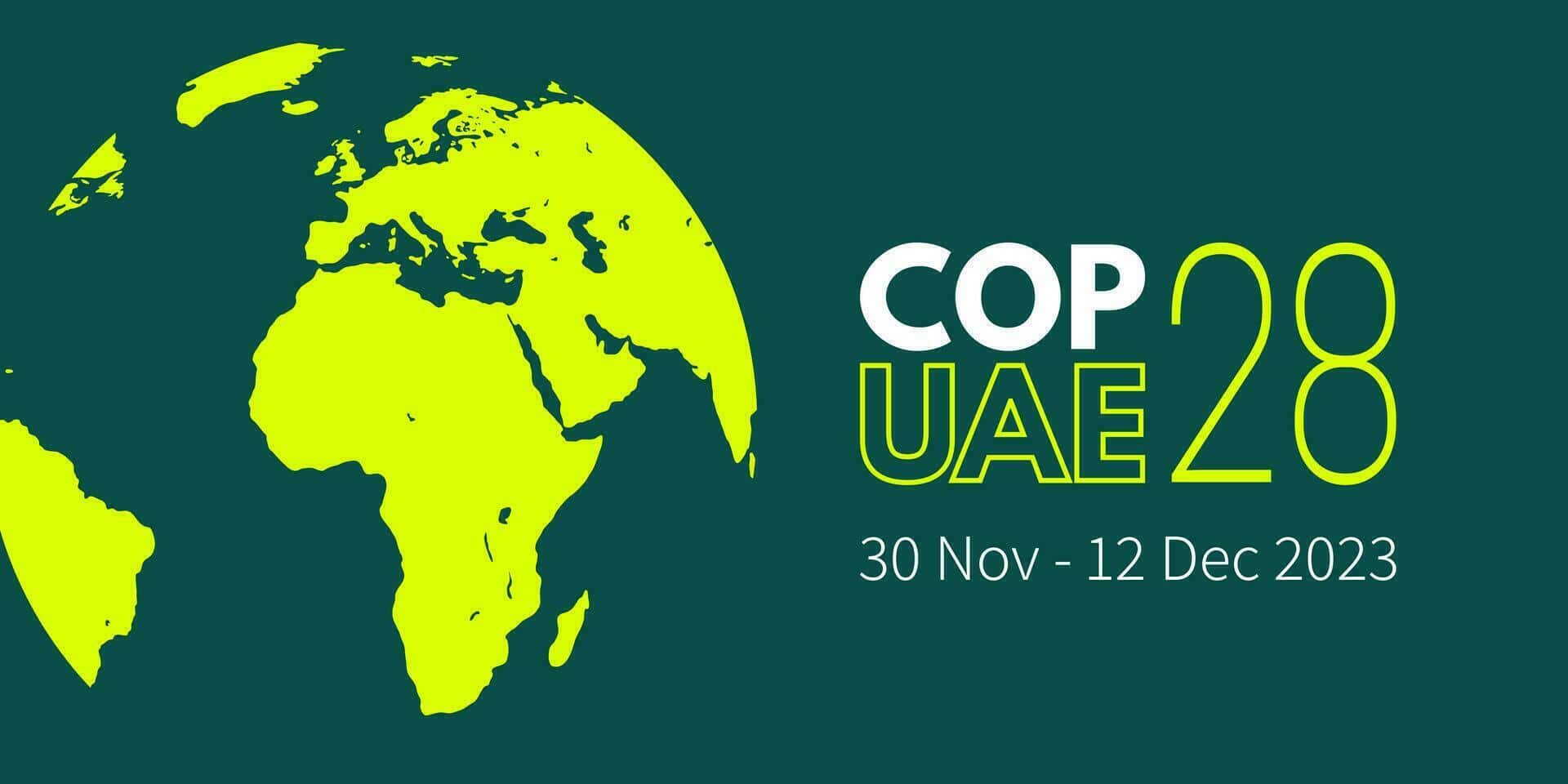The 28th Conference of the Parties, taking place in the United Arab Emirates, will allow major public officials from around the world to discuss the state of our world’s climate. The most impactful decision under review at COP 28 is the global temperature limit.
Previously, the Paris Climate Accord of 2015 sought to limit the global temperature increase to 2.0 degrees Celsius, with the aim of eventually lowering that number. This year, the public officials attending COP 28 will decide whether or not to decrease that limit to 1.5 degrees Celsius.
Jon Rosales, a professor in the Environmental Studies Department, believes that this is the most significant decision that will be made at this conference. “All of the science is saying we have to,” he said. Rosales also mentioned that we may already be nearing the 1.5 degrees Celsius mark. “The current temperature limit is causing a lot of chaos; just look at last summer. We need a different temperature target.”
While this goal could be a step in the right direction, there is some skepticism as to how it could help in the bigger picture. “I feel like it is a little late for that,” said Iain Corkhill ’24, an Environmental Studies Major. “It is just going to take a long time to cut all of the emissions down to where we are going to reach a stable point,” he said. Corkhill also said that, while the situation is not a good one, making any sort of change is certainly an important step.
In addition to the temperature limit, COP 28 will offer new insight into the financing of climate change actions. The UN Framework Convention on Climate Change predicts that developing countries will need a total investment of $2.4 trillion each year to adequately adapt to climate change.
However, the conference is expected to begin addressing the issue of financing. “The whole idea from the beginning was that the richer countries that did most of the polluting would help out the other countries that were not polluting as much, yet they were feeling the impacts,” explained Rosales. “I heard yesterday (Nov. 30) that one of those funds was going out, but we will have to wait to the end of the COP to see how much money we are talking about.” Rosales also emphasized that the World Bank manages large funds that combat climate change and help countries adapt to the issue.
Aside from the results expected to come of COP 28 are the political implications of it. One of the major stories leading into the conference was that President Joe Biden would not be in attendance. While this seems noteworthy on the surface, Rosales believes that this is not such a big deal. “I think it [COP] runs better without presidents,” said Rosales. “It certainly makes a big statement if 130 presidents show up like we saw in Copenhagen, but they tend to derail the whole process that has been established.”
On top of that, the U.S. Special Presidential Envoy for Climate, John Kerry, is in the UAE for the conference, which Rosales believes is even more significant than Biden himself attending. “He was in Paris, he has been Secretary of State, and he knows a lot of people who will help him work a lot of the back rooms,” said Rosales. “Biden certainly won’t do that, so I think it is more important that he is going as the head of our delegation.”
While it is still unknown exactly what will come out of COP 28, the importance of this conference is second to none. “It is the one time of the year that all of these governments come together,” said Corkhill. “I do not know exactly how much will get done, but it is important to get all of these leaders to come together.”
COP 28, which began on Nov. 30, will continue to take place until Dec. 12.



